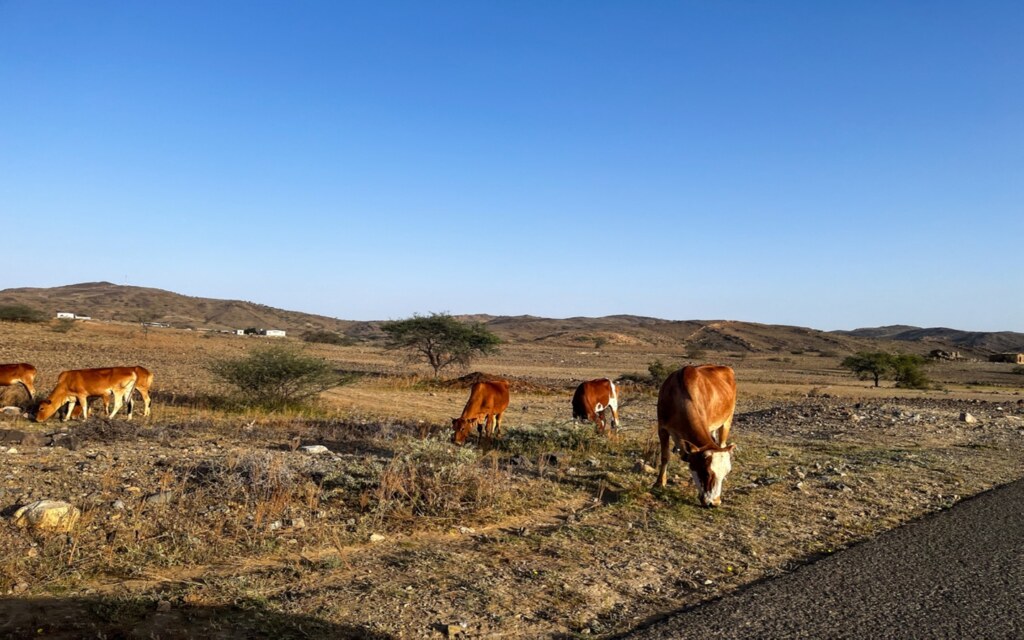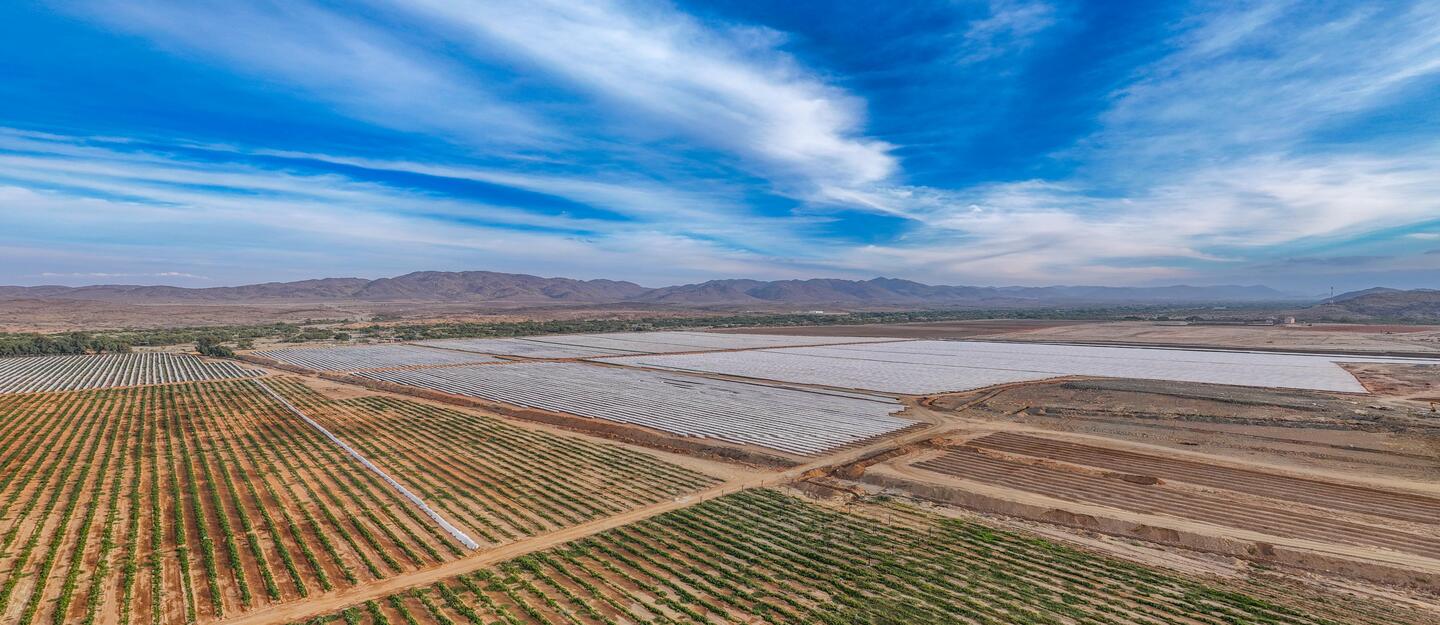Saudi Arabia’s rural regions have always played a quiet yet essential role in the Kingdom’s development. Today, they are becoming more visible as agriculture, livestock, micro-enterprises, and rural tourism gain national support. The modern rural economy in Saudi Arabia is no longer limited to small farms; it now includes agribusiness, food processing, smart farming, and community-based enterprises that contribute to diversification and food security.
Government programs, improved infrastructure, and technology are helping rural families expand their income while strengthening regional development. This makes understanding the rural economy essential for anyone following social development, agriculture, or investment trends in the Kingdom.
What Does Rural Economy Mean?
The rural economy refers to all economic activities that take place in the Kingdom’s rural regions, including:
- Agriculture and crop production
- Livestock raising and dairy farming
- Honey, coffee, dates, and herbal cultivation
- Aquaculture and inland fisheries
- Small-scale rural industries
- Food processing and handicrafts
- Agritourism and rural heritage projects
It represents both traditional livelihood activities and new income opportunities supported by national programs.

Rural Economy in Saudi Arabia
Rural development supports several national goals. It matters because it:
- Boosts local income for rural families
- Strengthens food security
- Reduces migration from rural to urban areas
- Protects cultural and agricultural heritage
- Supports diversification under Vision 2030
- Creates jobs in agriculture, tourism, and small industries
A strong rural economy contributes directly to social stability and sustainable growth.
Also read about Investment in Startups in Saudi Arabia with Bayut.sa.
The Building Blocks of Rural Growth
Saudi Arabia’s rural economy includes multiple interconnected sectors:
- Agriculture: rain-fed crops, greenhouse farming, dates, grains, coffee
- Livestock: sheep, goats, camels, and dairy production
- Aquaculture: inland fish farming and coastal fish production
- Rural Industries: honey processing, traditional foods, natural products
- Smart Agriculture: precision tools, automated irrigation, digital monitoring
- Rural Tourism: farm visits, eco-tourism, heritage villages
These components support thousands of rural households across the Kingdom.
How Saudi Arabia Supports Rural Families
Saudi Arabia’s main national initiative for rural development is the Sustainable Agricultural Rural Development Program, overseen by the Ministry of Environment, Water, and Agriculture.
It supports rural families by:
- Giving direct financial aid
- Training producers in modern farming
- Supporting product marketing
- Enabling processing facilities
- Helping micro-businesses scale
- Promoting agritourism activities
According to official reports, it has already supported over 80,000 beneficiaries and 50,000 productive families across the Kingdom.
Who Qualifies for Rural Support
To qualify for rural support programs, applicants usually need to:
- Be active in an approved agricultural or rural activity
- Be part of a productive rural family or small enterprise
- Meet criteria for livestock, farming, or processing activities
- Use the support for improving productivity
- Follow environmental and farming standards
These requirements ensure that support reaches individuals who contribute to rural development.
Projects Supported Rural Support
REEF and related programs support a wide range of rural projects, including:
- Livestock and poultry improvement
- Greenhouse and protected farming
- Rain-fed agriculture (e.g., coffee, sesame, millet)
- Honey production and beekeeping
- Fruit cultivation (e.g., grapes, figs, pomegranates)
- Small dairy and goat farms
- Aquaculture and fish farms
- Rural food-processing units
- Agritourism and rural hospitality projects
These projects help rural households increase income while strengthening local markets.
Real Estate and Local Development
As rural initiatives expand, they influence local development patterns in areas surrounding agricultural and village clusters. This includes:
- Increased demand for farmhouses and rural homes
- Expansion of agricultural land use
- Development of small commercial facilities near productive villages
- Opportunities for eco-lodges and agritourism stays
- Improved transport links supporting trade and mobility
Growing rural activity also creates new investment pockets outside major cities.
Experience Rural Living with Bayut-KSA
As rural areas gain more economic activity, real estate demand in these regions becomes more structured and visible. With neighbourhood insights, evolving land trends, and updated listings.
Bayut-KSA helps users explore rural property opportunities and understand how rural development aligns with broader national growth.





